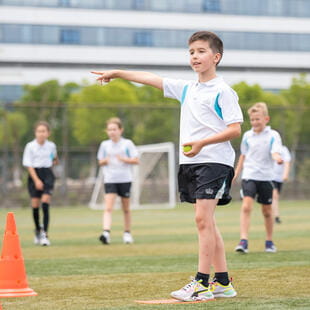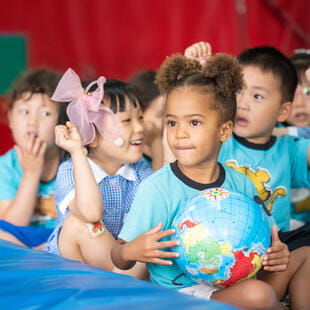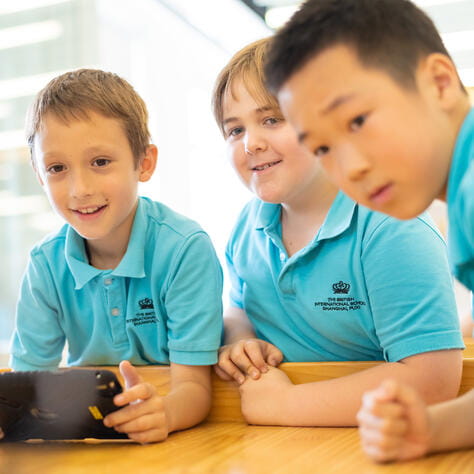The metro
Shanghai’s metro system, which is the second longest in the world, connects the city’s 16 districts. The metro is modern, convenient, and safe, with trains every two to three minutes during peak hours.
The Shanghai Maglev Train
The Shanghai Maglev Train, also known as the Shanghai Transrapid, is the world’s first commercial high-speed Maglev Train. The train is renowned for its advanced magnetic levitation technology and provides a quick connection from downtown to Pudong International Airport. It's also an exhilarating way to travel, which children love!
Taxis
Shanghai has a well-established taxi network that includes both state-run and private services. State taxis operate throughout the city, distinguishable by the colours of their cars. There are also popular taxi apps, such as DiDi, which operate in the same way as Uber.
Bikes and e-scooters
E-scooters are popular for short trips, although navigating Shanghai’s traffic can be challenging! Shared bikes are everywhere, with apps like Meituan and Alipay offering bikes on almost every street corner, even in quieter parts of the city.
Transport in and around BISS Puxi
Huacao is just 15 minutes west of the Hongqiao Transportation Hub, which connects the west of the city through road, bus, train and air links. Our location is particularly convenient for those working in Longbai, Qingpu, Songjiang, Jiading, Hongqiao, Gubei, Minhang and Suzhou (Jiangsu), due to its proximity to the highways.

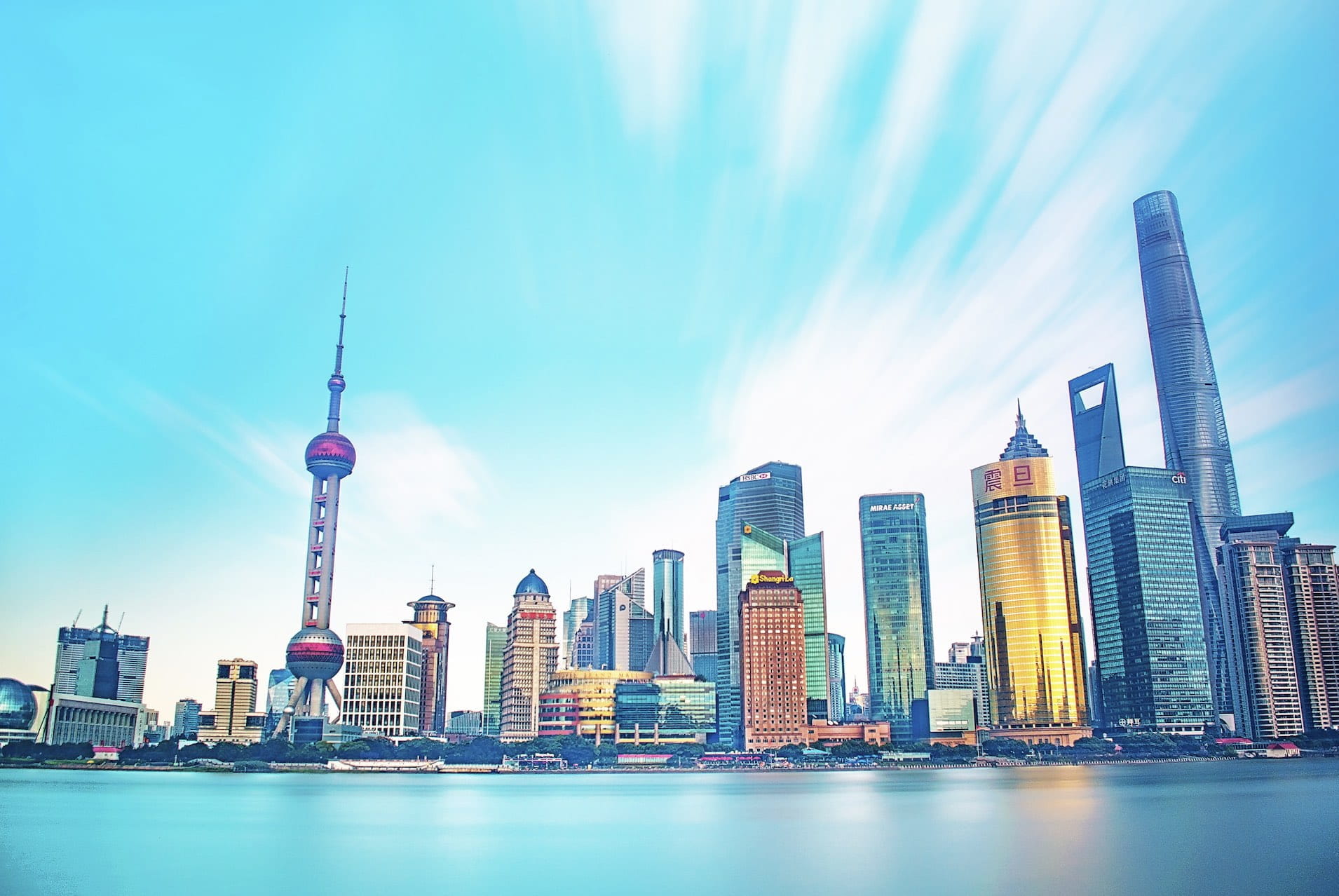
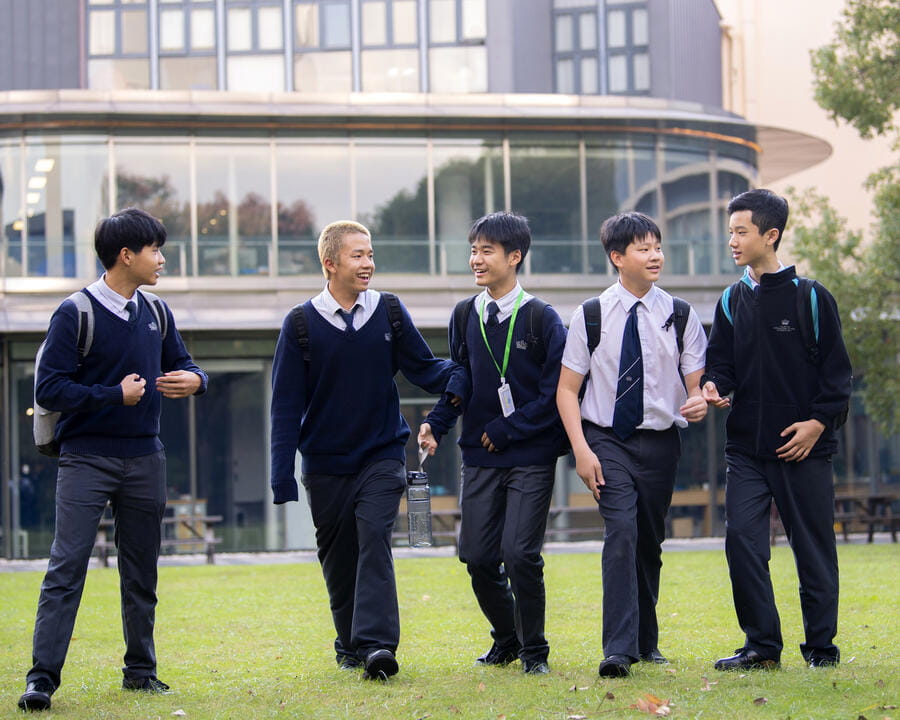

.jpg?h=310&iar=0&w=310&rev=fa54ee0da42b41e281b8d83c42394705&hash=BF7C945D2C276F158D31DDCF25323F85)
.jpg?h=443&iar=0&w=787&rev=3e1f3746ca164b618b8a4bc1d6a1e178&hash=330E86149072F42AA07FB9D8C6C8CC4F)


.jpg?h=310&iar=0&w=310&rev=e172cf83284449fc8069fd0427543725&hash=3E4C77DDC61DD4EC7CCF02983CDB4E65)
.jpg?h=443&iar=0&w=787&rev=25ee3280ccea4e87962bc1924f291fa4&hash=703288097323BE53EBC7F1E840E5122D)






.jpg?h=310&iar=0&w=310&rev=30573d747ccc410989c843cc30426fee&hash=B3834C49E22B01C982061415CEA21CBA)
.jpg?h=443&iar=0&w=787&rev=4beb482059ec42c687a7b0dffce6df3c&hash=8B0F10497F2E3B7CAB5F85DEF48E383D)
.jpg?h=720&iar=0&w=900&rev=11232d0e483e4b2fb7fffec4ca147cb6&hash=13737C998976626E05FE56686E7DF7B5)



